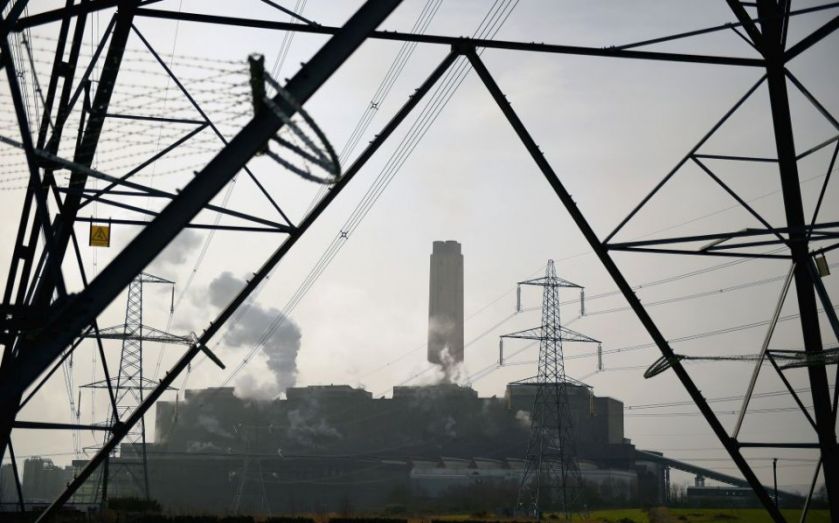National Grid profit pulled down as price controls helps energy consumers save

The figures
National Grid suffered a four per cent drop in pre-tax profits to £2.6bn, during a year in which it benefited from a new operating model and new business activities.
The firm's share price remained relatively flat this morning, after energy regulator Ofgem announced it was launching an investigation to see if generators provided it with "false or misleading information".
Earnings per share rose nine per cent to 58.1p from 53.5p, with £2.2m attributable to equity shareholders.
Electricity transmission provided the largest chunk of operating profit at £1.3bn – a 16 per cent rise driven by the successful implementation of new products to deal with a reduced supply margin.
The group invested around £3.5bn in improving essential infrastructure across its businesses, including £1.8bn in the UK.

Why it's interesting
Much has been made of the ailing standard of the UK's energy infrastructure, and falling supplies was reflected in tight growth in UK gas transmission, which rose by a muted four per cent to £455m.
Yet National Grid promised savings to consumers from RIIO price controls which continue keep costs down as well as increased efficiency in its operations driven by its new operating model.
The company has come under pressure after the "Big Six" energy providers where lambasted by MPs for their large profits and failure to deliver value-for-money to customers.
Former Labour leader Ed Miliband even promised to cap energy prices if he won at the General Election. Such a measure would have an effect on the infrastructure side, as well as the supply side: in National Grid has argued that such political disputes have stopped it from starting new projects, especially when combined with falling energy supplies.
What National Grid said
Chief executive Steve Holliday said:
We finished the year in a solid position, with a strong cash flow performance, good growth in our asset base and healthy gearing. We are on track with our programme of rate filings, operational efficiencies and enhancements to customer service. At the same time, we continue to invest in our UK and US businesses, driving organic growth, which together with strong returns, support our commitment to a sustainable, growing dividend.
In short
Steady results, but ongoing concerns surrounding energy supplies continue to pull down profits from the FTSE giant.